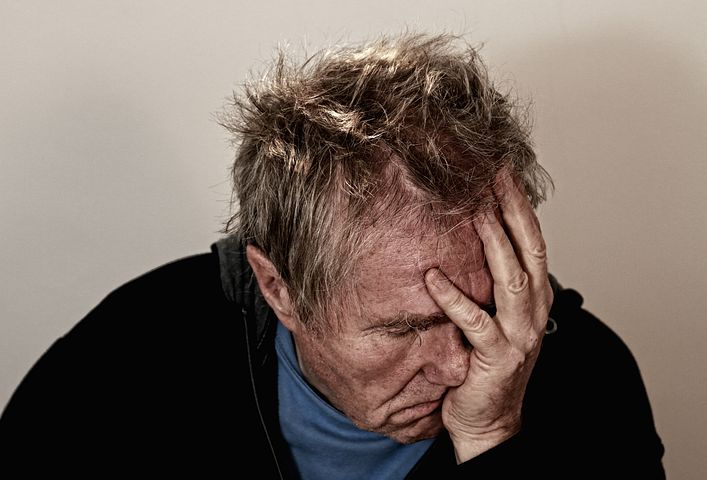If you’re at all informed regarding medical marijuana use, then you’ll be aware that it is considered by some as a trigger for certain mental illnesses. But is it really a trigger, or is that a conspiracy theory preached by those who intend to demonize medical marijuana. It can’t be hard with things such as medical marijuana to separate fact from fiction and then make sound judgments. That’s why in this article we will be discussing whether medical marijuana should be available to those with a history of mental illness. We won’t mince the truth. Rather, we will lay it all out on the table so you can make an informed decision. If you haven’t already, make sure you get your medical marijuana card online.
In spite of government, media and doctors’ warnings about potential mental health issues, many people view medical marijuana as a harmless substance that alleviates stress. On one side of the fence, you have convincing data proving the powerful medicinal properties of the drug in the treatment of many chronic illnesses, diseases and disorders such as Alzheimer’s, Parkinson’s disease, Crohn’s disease, nausea, seizures, arthritis, multiple sclerosis, lupus, poor appetite and weight loss. Combined with this you have the fact that it’s nontoxic and cannot cause death by overdose.
Furthermore, THC — the main cannabinoid in marijuana — has been shown to have positive effects on brain cells. THC is a potent neuroprotectant and sparks neurogenesis (the growth of new brain cells)! So if you haven’t already, get your medical marijuana card online!
With all these benefits, medical marijuana can seem to do no wrong. However, it must not be forgotten that marijuana is a drug, and every drug has notable physiological effects when ingested or otherwise introduced into the body. Anything that changes how your body or brain functions, even temporarily, will have certain drawbacks. This includes even milder drugs such as caffeine. Any decision to use a drug should take into consideration the positives and negatives. Marijuana holds no distinction here.
Although there are almost innumerable benefits to using medical marijuana, it does have its detriments. THC is a psychoactive compound, meaning it affects the mind. Even though THC is a relaxant, in higher doses, it can have the reverse effect, increasing anxiety. Some cannabis users may suffer from hallucinations, delusions and paranoia. Frequent use of the drug seems to double the risk of developing long-term schizophrenia in those with a genetic vulnerability. Those who use cannabis while still developing — teenagers and young adults — have a far higher risk of developing schizophrenia, depression or bipolar.
Who should avoid smoking marijuana then? Generally, those in their formative years or those with a family history of mental illness. Even those who start noticing heightened anxiety or stress during or after smoking should cease usage. The risk is just too high.
Medical marijuana definitely should not be available to those with a history of mental illness. But often mental illness goes undiagnosed, so how to enforce this on a state level becomes especially difficult. Far easier to implement would be the introduction of marijuana education in schools. This would allow students to make informed decisions based on their family history and their age.
But if those with a history of mental illness want to smoke cannabis despite the risks, then finding MMJ strains very low in THC and high in cannabidiol (another major component of the plant) is the next best thing. Unlike THC, cannabidiol is non-psychoactive. As it doesn’t affect the brain, it far less likely to trigger mental illnesses. There are even CBD oils that contain only trace amounts of THC, and these are likely the best option if you wish to get all the benefits of CBD — anti-inflammatory, anticonvulsant, antioxidant, antiemetic, anxiolytic and antipsychotic agent — without any of the THC drawbacks.
CBD is an antipsychotic agent. There is much evidence suggesting that the use of CBD in isolation can actually be used to treat psychotic disorders. Ask your local marijuana dispensary for details. If you need a cannabis card, the best place to get it is online!
Hopefully, you now feel a certain illumination concerning medical marijuana use among those with mental illness and can inform others of when (and when not) to avoid weed. There certainly is no simple answer, but having all the facts at hand will lead to better decisions.
If you need to figure out how to get a medical cannabis card online, be sure to check out our other articles, which clearly spell out the process.


